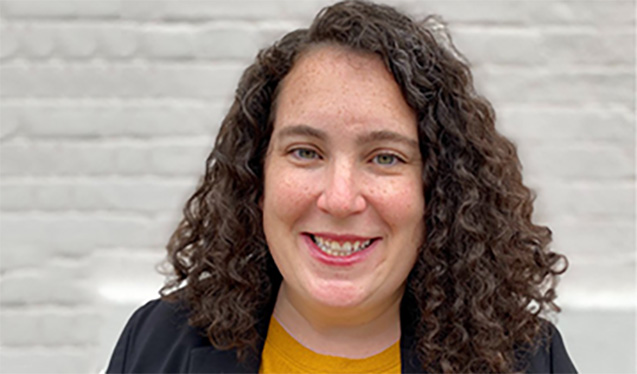
Wondering how to make a difference, build hands-on legal skills, and explore new areas of law—all while in law school? Anne Kassalow, Managing Attorney of the Housing Justice Project, dives into the "Who, What, When, Where, & Why" of Seton Hall's Pro Bono Service Program. From helping tenants to supporting domestic violence survivors, find out how a few volunteer hours can impact lives and enrich your law school experience. Click below to discover how you can start making an impact today!

Who: All Seton Hall Law Students can participate in pro bono service. Yes, even 1Ls!
What: Pro bono service is volunteer legal work completed for people in need, or legal work completed with the goal of improving the law, the legal system, or the legal profession.
When: You can complete pro bono service whenever you can fit it into your schedule. The work can be done in the evenings, on weekends, or during school breaks. You can volunteer for a one-time event lasting only three hours, or you can commit to a semester-long project.
Where: Seton Hall Law School offers several in-house opportunities for pro bono service, and some can be completed virtually. Opportunities at Seton Hall include:
Students also regularly volunteer with Volunteer Lawyers for Justice, The New Jersey Law Revision Commission, and Essex-Newark Legal Services. However, you are not limited to these projects or organizations. You can pursue opportunities outside of Seton Hall to volunteer with an organization or project that closely aligns with your passions, skills, or interests.
Why: Pro bono service can be extremely rewarding. Many of us chose to attend law school to help others. During the rigors of law school, with competing demands for your time, it is easy to lose sight of the desire to help. By volunteering just a few hours of time, you can make a difference in someone’s life by helping them solve a legal problem.
Pro bono service also allows you to develop your lawyering skills. For example, you can interview a real client, draft legal documents, or conduct legal research on a novel issue. Actively practicing these skills outside of the classroom can give you something substantial to list on your resume or discuss in interviews and can give you confidence in your next legal position.
Lastly, pro bono service allows you to explore different areas of the law without committing to a full internship. For example, if you are interested in family law, you can volunteer with the Courtroom Advocates Project to see if you enjoy the work, before committing to a summer internship working in family law.
Seton Hall Law School encourages all students to complete 50 hours of pro bono service before graduation. If you plan to complete law school in three years, this means you can volunteer for just over eight hours per semester to reach 50 hours. You also have the option to complete all 50 hours in one semester on one project. If you complete 50 hours of volunteer service, you will be recognized at graduation and receive a notation on your transcript. To read more about the Pro Bono Service Program, visit our FAQs and if you have any questions, or want to be connected to an opportunity, you can email [email protected].